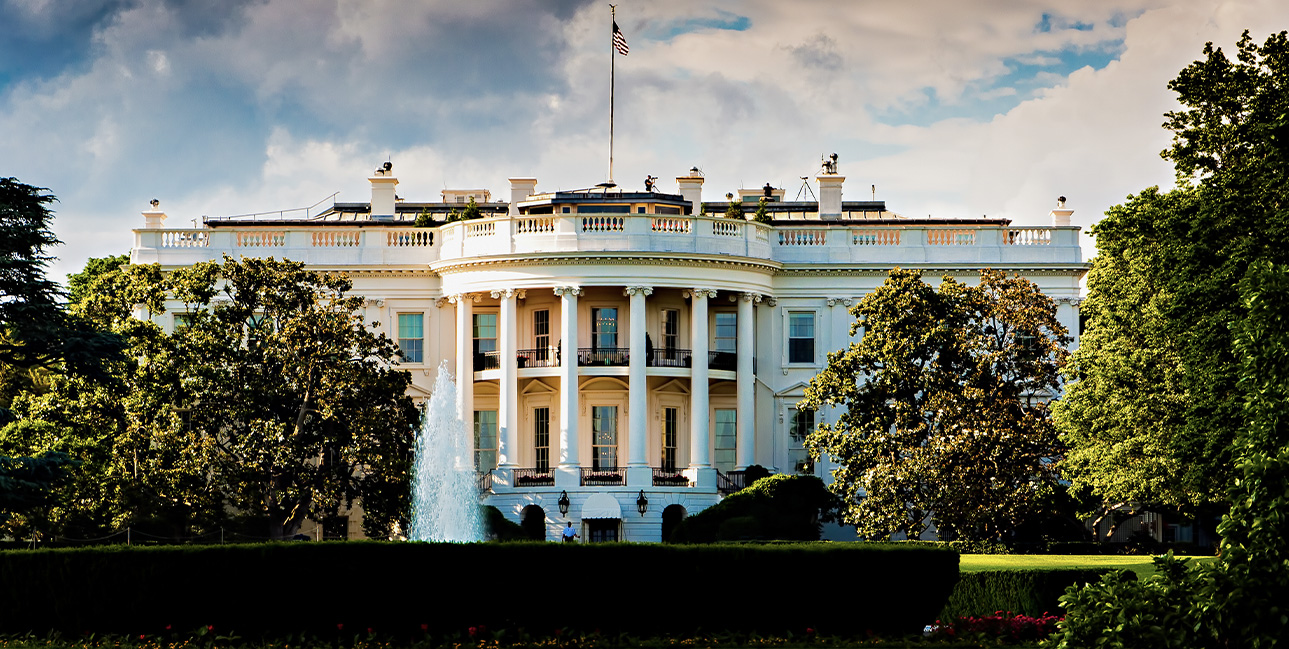Blog
April 11, 2024
What is the White House Transition Coordinating Council?
The White House Transition Coordinating Council was formally mandated in 2016 by Congress as part of the “Kaufman-Leavitt” law updating amendment to the Presidential Transition Act of 1963 to help ensure continuity of government operations and the smooth transfer of power.
Even when an incumbent president is running for re-election, the White House is obligated by law to plan and coordinate activities to ensure a smooth and efficient transfer of power to a possible successor. This includes convening the White House Transition Coordinating Council.
Prior to passage of the 2016 amendments to the transition law requiring creation of the council, White House transition activities occurred through executive orders. President Bill Clinton established a White House council in the fall of 2000 as an executive order to assist in the transition, as did President George W. Bush in 2008. In 2010, Congress authorized but did not mandate the creation of a White House transition council.
The WHTCC helps jump start transition planning and provides transition guidance to the federal transition coordinator at the General Services Administration and the agency career leaders of the Agency Transition Directors Council, who carry out much of the day-to-day work of transition planning.
The WHTCC is chaired by a senior employee of the Executive Office of the President selected by the president and also includes the GSA federal transition coordinator. Other members are the senior employees of the executive branch selected by the president, which may include the chief of staff to the president, any Cabinet officer, the director of the Office of Management and Budget, the administrator of the GSA, the director of the Office of Personnel Management, the director of the Office of Government Ethics, and the archivist of the United States.
In addition, the council includes transition representatives for each eligible presidential candidate who serve in an advisory capacity.
This council is one of several reforms to the presidential transition act designed to support the orderly transfer of power and recognizing the increasing complexities of presidential transition planning. By law, it is required to meet not later than six months before the date of a presidential election. The White House chief of staff is serving as chair of the WHTCC this transition cycle, which hosted its first session in early May.
While election years bring uncertainty for the government and the public, bodies like the White House Transition Coordinating Council are designed to help agencies, the White House, candidates and their teams prepare for what’s next.
Khushi Parikh is a communications associate at the Partnership’s Center for Presidential Transition



